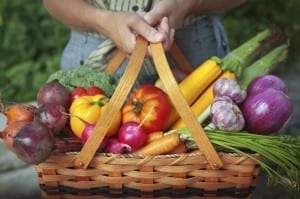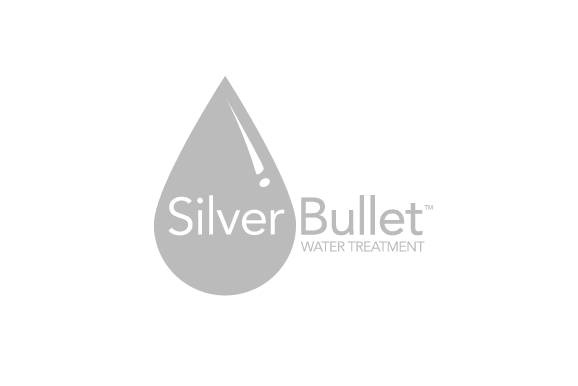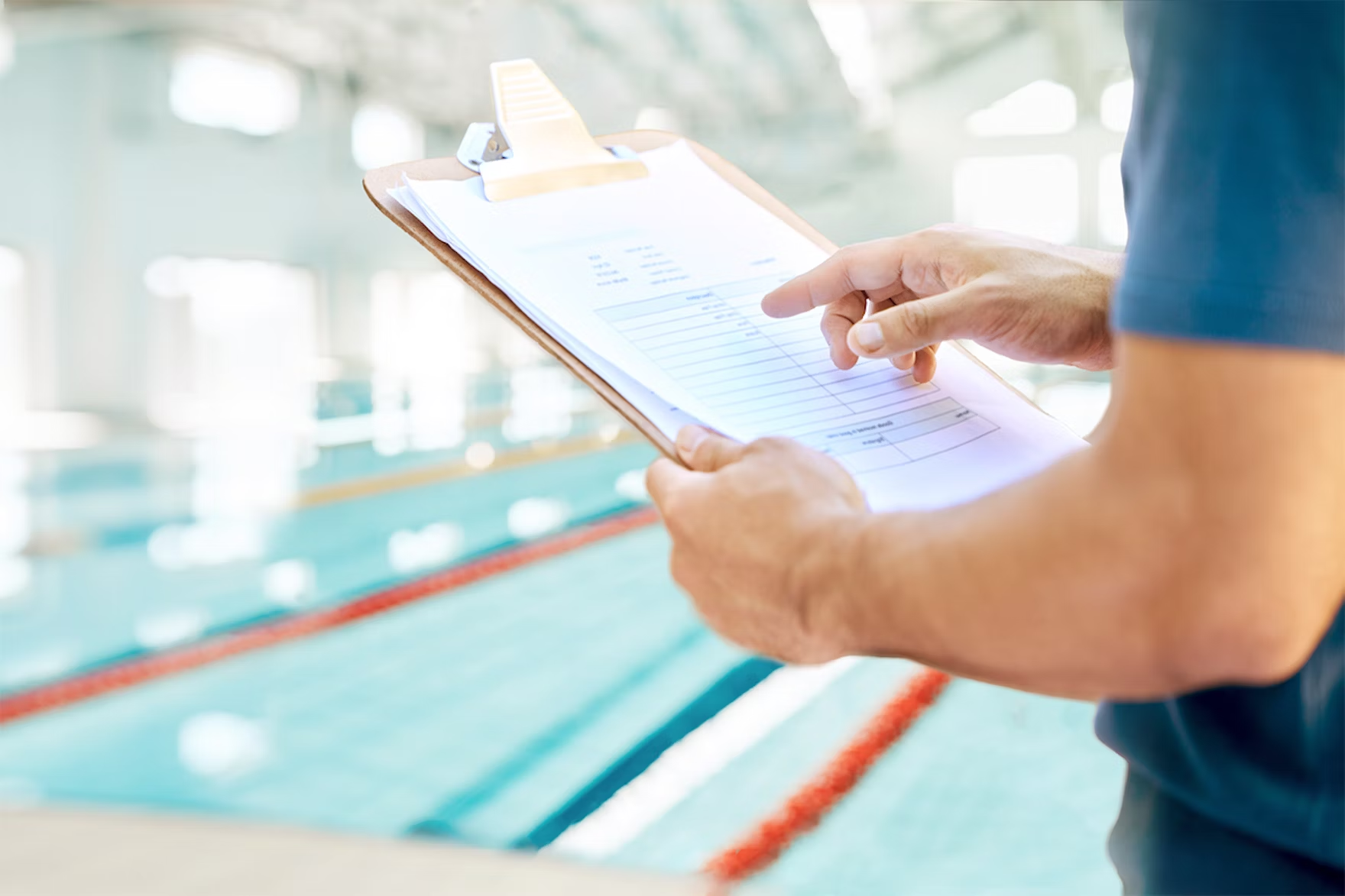
Swimming can burn between 400-700 calories/hour depending on the swimmer’s body weight. Many competitive swimmers think since they burn so many calories while swimming that they can eat anything they want without consequence. This is false. In order to perform optimally, everyone’s body needs proper micro- and macro-nutrients, antioxidants, vitamins and minerals found in natural unprocessed foods.
Don’t believe me? I coach many swimmers who train 10 times a week, swim somewhere between four and eight miles a day, and still fuel themselves with sugary cereal, candy bars, pizza, cookies, crackers, pasta and fried or low-quality meats. I’m not kidding!
Typically these swimmers have acne problems, are overweight, they get very tired halfway through practice, they often get sick and have to miss practice or competitions, they are not as fast as they could be, and even worse, they are setting themselves up for gastrointestinal distress later in life.
So, listen up! Here are some nutrition basics for anyone who swims — recreationally or competitively. This advice is good for anyone who swims an hour to thirty hours a week:
Stay hydrated. Because you are in water while you are swimming, it is difficult to feel that you are sweating, but you are sweating, even if the water is cold. Always have a water-bottle with you and drink before you get thirsty. A few sips every 15 minutes will prevent your stomach from feeling full of water. Drink water all day. Your urine should be light yellow, and if it is dark yellow, drink more.
Eat colorful foods! Every meal should be colorful! Phytochemicals found in colorful fruits and vegetables help prevent cancer, diseases and support optimal health. For example:
- Breakfast: Eggs + spinach + red peppers + toast is more colorful than yellow cornflakes and white milk.
- Lunch: Quinoa + roasted vegetables (zucchini, peppers, onions, eggplant) + chicken is more colorful than a chicken sandwich with fries.
- Dinner: Stir-fry with beef mixed with broccoli, snap peas, carrots, red peppers, sprouts, beans and brown rice is more colorful than a cheese quesadilla.
Balance your meals. Be sure to balance your meals with a fibrous carbohydrate, a lean protein and a healthy fat. Also, balance your meals such that dinner is not the biggest meal of the day and breakfast is non-existent. For example:
- NOT balanced: Coffee and a croissant for breakfast; a small salad for lunch; and a big plate of spaghetti with meat sauce and garlic bread for dinner.
- BALANCED: Egg sandwich with tomato, avocado and wheat toast for breakfast; sandwich and soup and side of fruit for lunch; a mixed salad with chicken and olive oil-based dressing for dinner.
Eating prior to swimming. It’s important to not eat too much before you swim. If possible, swim three hours after eating your normal meal (breakfast, lunch, or dinner). If, this is not possible due to timing, have a small snack like a banana and 1 tablespoon of nut butter an hour before.
For competitive swimmers, diet becomes a factor that can make the difference between a gold and silver metal or between 8th and 9th place (making the final heat or not). High quality athletes need high quality fuel just like a race car. Here are a few additional tips for competitive swimmers:
Don’t change your diet from training to competition. Many athletes (in all sports) will often get nervous about an upcoming competition and then eat healthily when they were not eating quite so healthy before. This could cause gastrointestinal discomfort and additional stress on your body. Always eat healthy, and this will not be an issue.
Recovery. Competitive swimmers often have two practices a day, four to six days a week. Without proper recovery from each training session, the swimmer will not be able to perform well at the end of the week. Within 30 minutes of finishing practice, swimmers should consume a three to one or four to one ratio of carbohydrates to protein. The same applies to competitions — consuming a small amount of recovery food or drink after each race (during warm-down) will help with recovery. Some examples include:
- Mix a recovery powder with water (Endurox is commonly used). This is a good option for those who cannot stomach food after a hard practice. This also help with hydration.
- A nut butter and banana sandwich
Just because you have burned the calories, does not mean that you should choose the unhealthy or less healthy option. You are what you eat. As an elite swimmer, your body is your engine and if you fill up with junk foods, you will perform like a junk engine. Prioritize healthy nutrition by making the choice to pack snacks and meals the night before a busy day.






